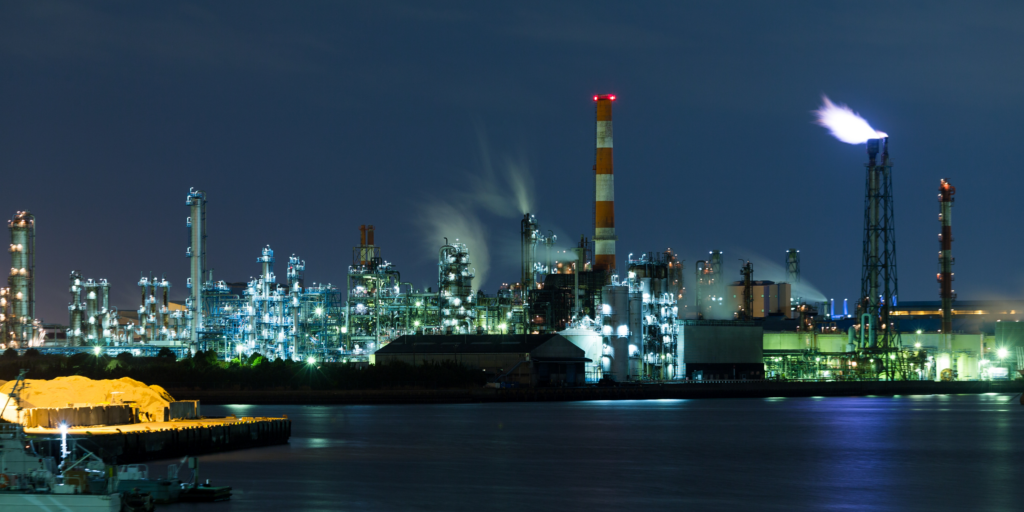The Climate Council’s economics expert, Nicki Hutley has rated last night’s federal budget an ‘F’ for addressing climate change.
The budget was another blow for climate action with big spending in the works for gas and no significant additional spending for renewable energy. There was absolutely nothing new in the budget outline the government’s overall plan to get Australia to net-zero emissions.
Here’s the lowdown on what last nights budget announcement means for the climate:
The Bad
Gas
In the twelve months since the Prime Minister’s announcement of a ‘gas-fired recovery’ (a widely deplored strategy of burning more fossil fuels to ‘save the economy’) we’ve witnessed dizzying sums of taxpayer money sacrificed to keep this costly, polluting industry on life support—and the Federal Budget 2021 is no different.
There was new funding of $58.6 million announced which will be going towards things such as fast-tracking pipelines, gas field trials, gas production and storage projects, and a proposed LNG import terminal.
$30-million was also allocated to early works on a new gas generator in Port Kembla.
But there was nothing in the budget about a taxpayer-funded new gas-fired power station, which the Federal government has been threatening to build at Kurri Kurri in the Hunter region of NSW. Again, any new gas—be it stations, prospecting, or lines—is a poor investment, a costly, polluting sunken cost, which only continues to endanger our public and our atmosphere.
The Good
Renewable Energy
Although renewables were deemed a ‘budget loser’ overall there were a few pieces of good news in the mix such as $30 million to support a big battery and the roll-out of microgrids in remote NT Indigenous communities – though this had already been announced before last night—and $19.3 million to support a renewable energy microgrid incorporating hydrogen in the Daintree.
Bushfire recovery and extreme weather defence
Around $600 million will be granted to the ‘National Recovery and Resilience Agency’, a new agency designed to support local communities during the relief and recovery phases following extreme weather events such as bushfires and floods. The new agency will reportedly undertake activities such as:
- Upgrade threatened houses with bushfire- and cyclone-resistant infrastructure.
- Build levees in disaster-prone areas
- Bolster communication systems in the event of extreme weather
The creation of this agency is one of the recommendations ELCA—the Emergency Leaders for Climate Action—called for in their Bushfire & Climate Plan following the Black Summer disaster. And while such an initiative is vital, it is no substitute for addressing the root cause of extreme weather: climate change. It is addressing the symptoms rather than the illness. Until a substantial sum is committed to curbing emissions or supporting renewables, similar programs will be akin to investing in cold flannels instead of the required antibiotics for treating a bacterial infection.
ELCA has called on the new Coordinator-General of the Agency, Shane Stone AC QC to take a strong public stance on the need for action on climate change and reducing greenhouse gas emissions. Mr Stone has been ambiguous about human-induced climate change in the past and he must now clarify his position.
Environment spending
There were some good initiatives, such as money for restoring ocean ecosystems like seagrass and mangroves, expanding the marine park network, improving the health of coastal environments, protecting native species and habitat, and improving recycling.
And there’s money to help northern Australians afford cyclone insurance, funding to make regional Australia more resilient to drought, money for community and household projects that mitigate the impact of natural disasters, and improve the internet and mobile coverage in bushfire prone areas.
Importantly though, these initiatives won’t amount to much if Australia doesn’t considerably step up its action of reducing greenhouse gas emissions here and overseas.
The bottom line
Overall the budget is a big failure for climate action. There were no additional spending announcements for things we’d really love to see, such as large scale renewable energy projects, or big plans to electrify industry or transport. It failed to capitalise on Australia’s natural renewable energy advantages, or set us up as an emerging renewable energy powerhouse.
In terms of fighting climate change in this urgent, critical decade, this budget is deeply disappointing.




